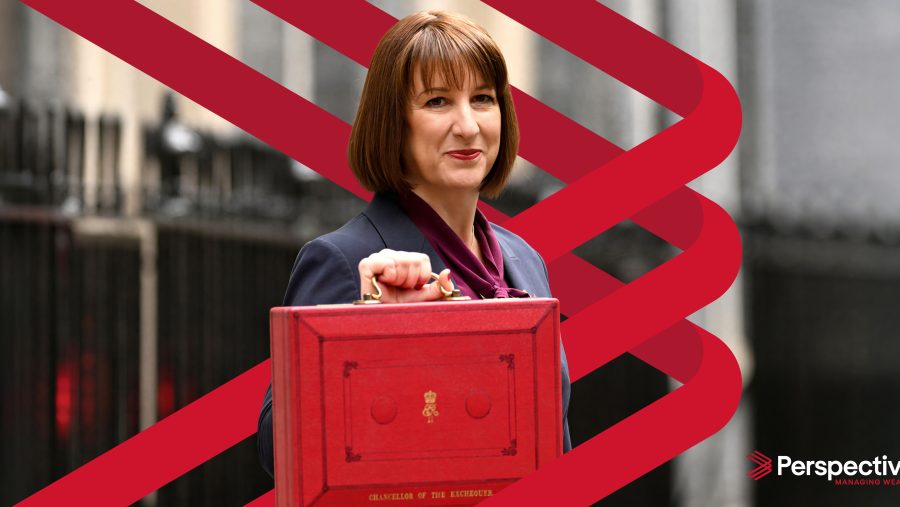Published
24th March 2020
Categories
General News
Share
Government ordered recession
Just like the spread of the COVID-19 coronavirus itself, the rate of policy change over the last few weeks
has been astounding. A week ago, Boris Johnson and co. were content to isolate the sick, have the public
wash their hands and provide £30bn to fight the virus – but otherwise go about business more or less as
usual. Since then, the country has been told to stay at home, schools and universities have closed, 20,000
military personnel have been put on standby and the government has increased its fiscal support against
the virus fallout to £350bn. In London, heavy travel, shopping and socialising restrictions are to be imposed
and – despite the government’s claims otherwise – rumours abound that the capital is to be sealed off and
put into lockdown. Given how fast things are now changing, this could be out of date news by the time of
reading.
Why fighting this particular enemy calls for wartime measures
Boris Johnson has told the nation that his government “must act like a wartime government and do
whatever it takes to support the economy”. Analogies to the war, and rousing calls to band together and
win the fight, have been a common theme during the coronavirus crisis – not just in the UK. They are not
wrong. Britain has not faced disruption to daily life on this scale since World War II. And, as part of that
effect on daily life, businesses and households up and down the country are worried about their own
prospects. As such, Chancellor Rishi Sunak is within his remit to announce that “We have never in
peacetime faced an economic fight like this one”.
The Chinese Roadmap to Recovery
When China’s initial contagion prevention measures made international news two months ago, the world
was shocked. Wuhan, a city of 11 million people and the epicentre of the outbreak, went into a total,
crushing lockdown swiftly after the news got out. Similar measures followed suit around the country, and
a total quarantine was imposed. Two months on, the country is now past the peak of infections, and things
are slowly returning to normal. According to health officials, domestic transmission of the disease has
stopped; the only new cases of coronavirus are coming from abroad. The consensus now seems to be that
China’s response was firm (and in some cases, brutal) but effective.
Disorderly markets – how much should we worry?
The mayhem in capital markets continues. As written before, we now seem to be in a phase of capitulation,
where asset prices become more a reflection of investors’ fear and need for cash than the underlying
economic fundamentals. This week, we saw a transfer of stress and illiquidity to different areas of capital
markets.
The good news – if there is any – is that the signs of stress in equity and credit markets may have abated.
The ‘sell everything’ mad cash grab that characterised the last couple of weeks has, at least for the moment,
ended. This is almost certainly the result of government and central banks actions across the globe.
Policymakers have effectively told businesses, consumers and markets that they will do “whatever it takes”
to see us through this crisis. This includes what effectively amounts to a mass exercise in money printing
required to prevent widespread defaults which are not anyone’s fault.


